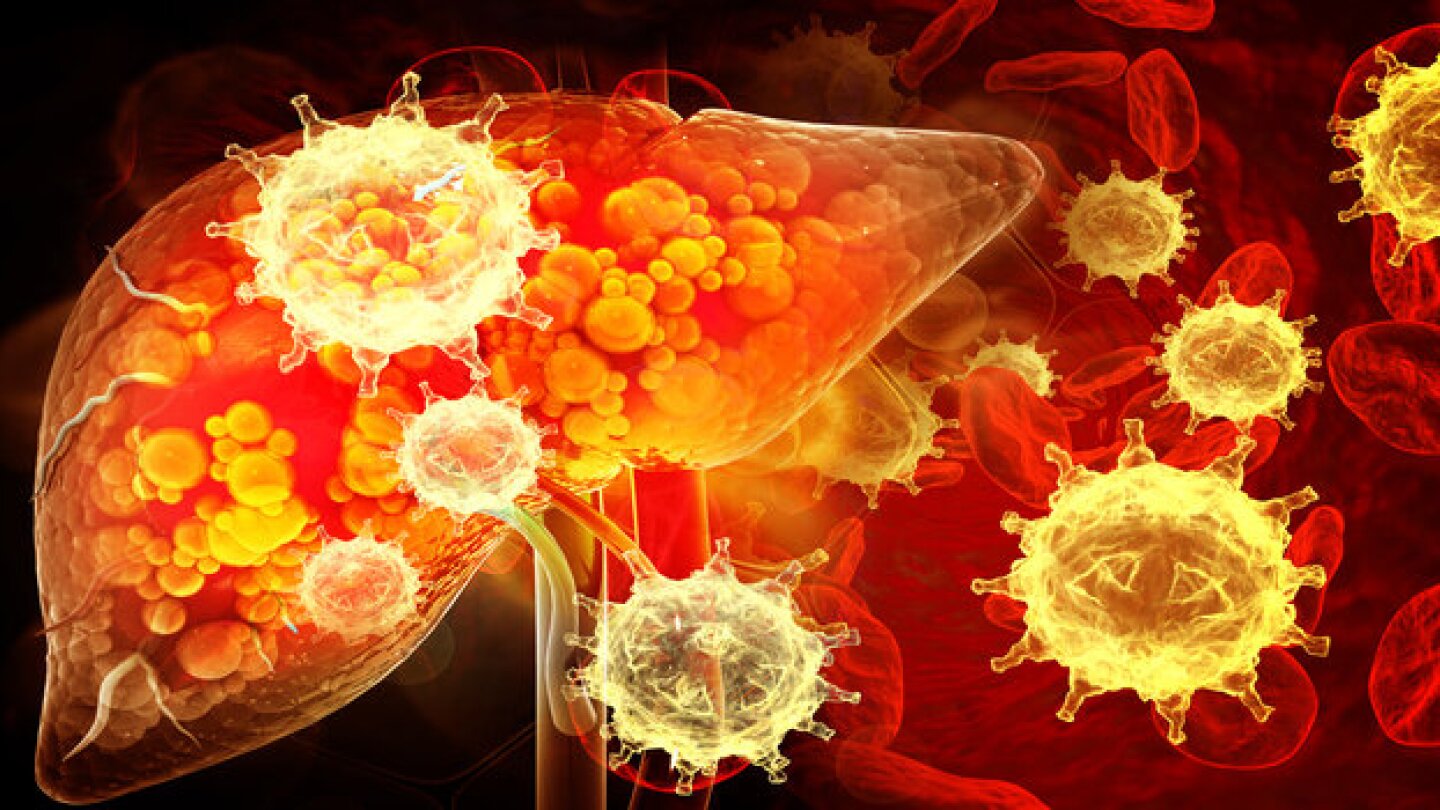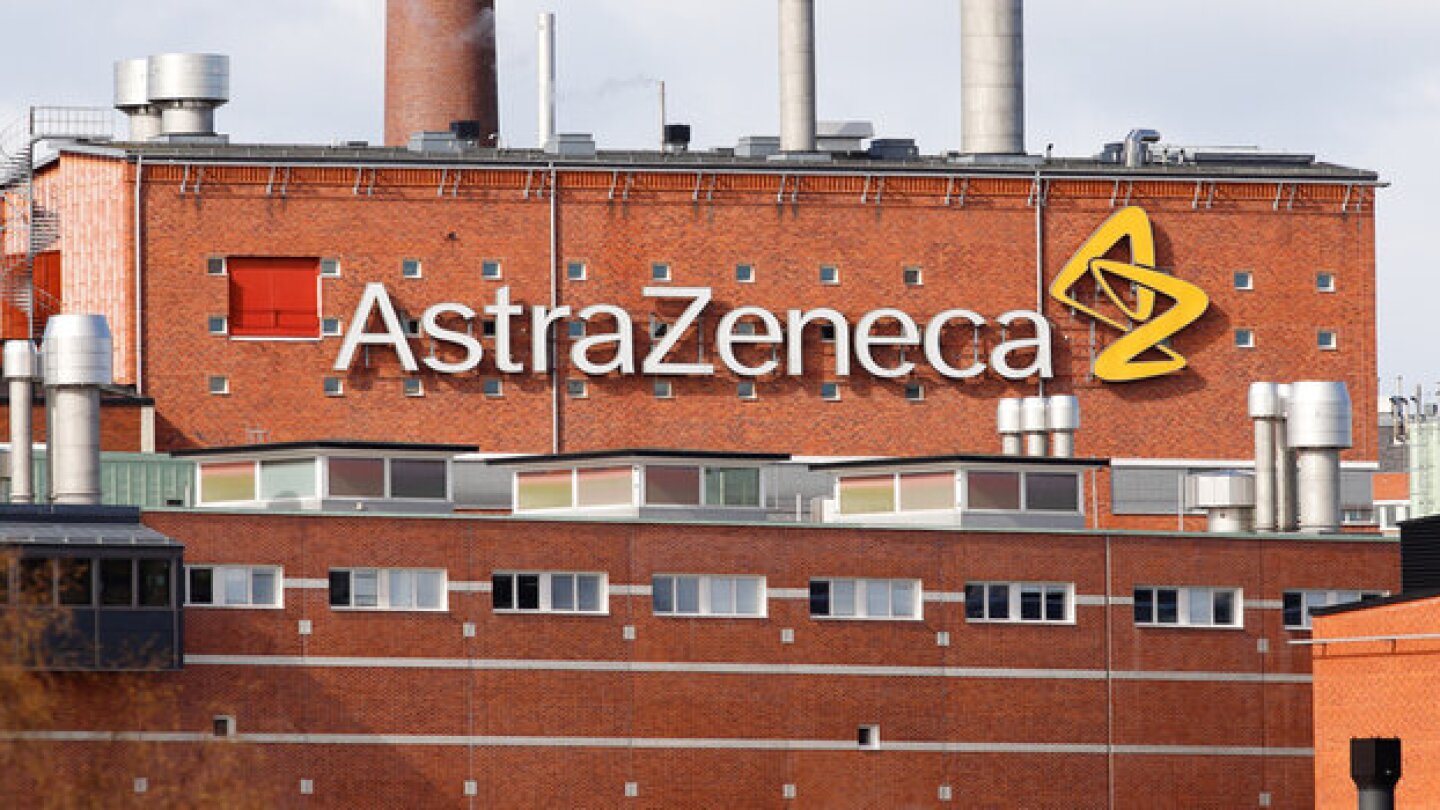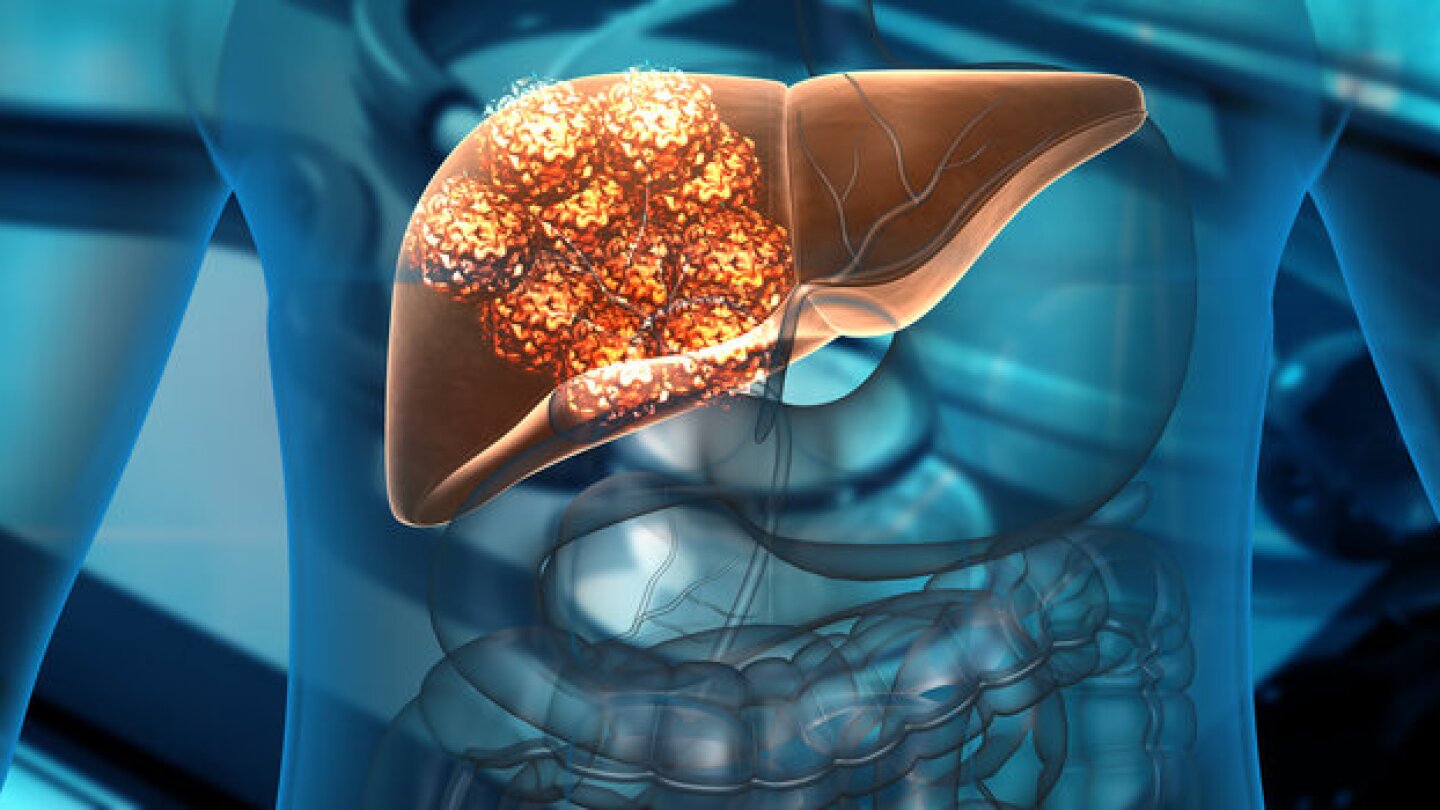Liver cancer
The arrangement will boost AstraZeneca’s cell therapy portfolio as the pharma targets $80 billion in revenue by 2030.
According to Tempest, its options include a partnership or licensing deal, as well as a merger or an acquisition.
On the agenda for the FDA this month are two RNA-based treatments for rare diseases.
Coherus BioSciences and Junshi Biosciences’ PD-1 inhibitor Loqtorzi significantly boosted progression-free and overall survival in a late-stage study of patients with advanced hepatocellular carcinoma.
BMS presented late-stage results on Tuesday at the ASCO annual meeting which showed the combination of Opdivo and Yervoy lowered the risk of death by 21% in patients with unresectable hepatocellular carcinoma, compared to two kinase inhibitors.
2024 began with several biopharma players posting positive Phase III data that could mean new market share for the companies and longer survival times and quality of life for patients.
Bristol Myers Squibb secured another late-phase immuno-oncology victory Wednesday, showing that the combination of Opdivo and Yervoy improved overall survival in a patient population served by rival checkpoint inhibitors from AstraZeneca and Roche.
The company’s immunotherapy, in combination with chemotherapy Avastin, showed favorable progression-free survival in a late-stage hepatocellular carcinoma study.
In a Phase Ib/II study, Tempest Therapeutics’ investigational PPAR⍺ antagonist—combined with Roche’s Avastin and Tecentriq—showed strong signs of survival benefits in liver cancer patients.
Following a nearly decade-long effort, Delcath Systems finally won the FDA’s greenlight for its Hepzato Kit for the liver-directed treatment of adult patients with metastatic uveal melanoma.
PRESS RELEASES










